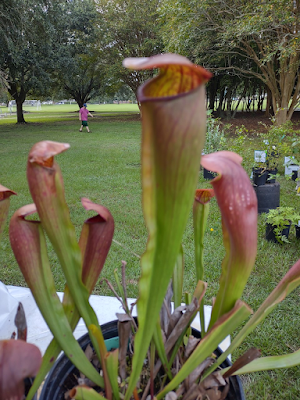You may read previous post (Part 1):
- Learning a New Language Against Alzheimer's Disease – Part 1 - Alzheimer's 9
Brian Gold, a neuroscientist found that people who bilingual since childhood are better at the high order thinking than monolingual seniors.
Craik and his colleagues conducted research for 211 patients who diagnosed with probable Alzheimer's in clinics at Baycrest, Toronto, Canada.
They classified the patients in two groups as:
- and as monolingual (109 patients).
He said “We found that the bilingual patients had been diagnosed 4.3 years later and had reported the onset of symptoms 5.1 years later than the monolingual patients. Bilingualism thus appears to contribute to cognitive reserve, which acts to compensate for the effects of accumulated neuropathology”
The data confirm that lifelong bilingualism give a protection against the onset of Alzheimer's Disease.
How about learning a new language in adulthood?
“Learning a second language increase the density of grey-matter” Michelli (2004) published his research in Nature. “The degree of structural organization in this region is modulated by proficiency attained and the age of acquisition”
To avoid cognitive decline, keep our brain healthy by applying “use it or lose it” with learning a new language.
Have you interested to learn a new language?
# Previous postings:
- Factors Causing the Late Onset Alzheimer's Diseases – Part 1 - Alzheimer’s 7
- Cooked Snail is a Favorite Dish in Many Asian Countries – Food 18
- A Chemist who Loves to Cook – Part 2 - Reading 11
























